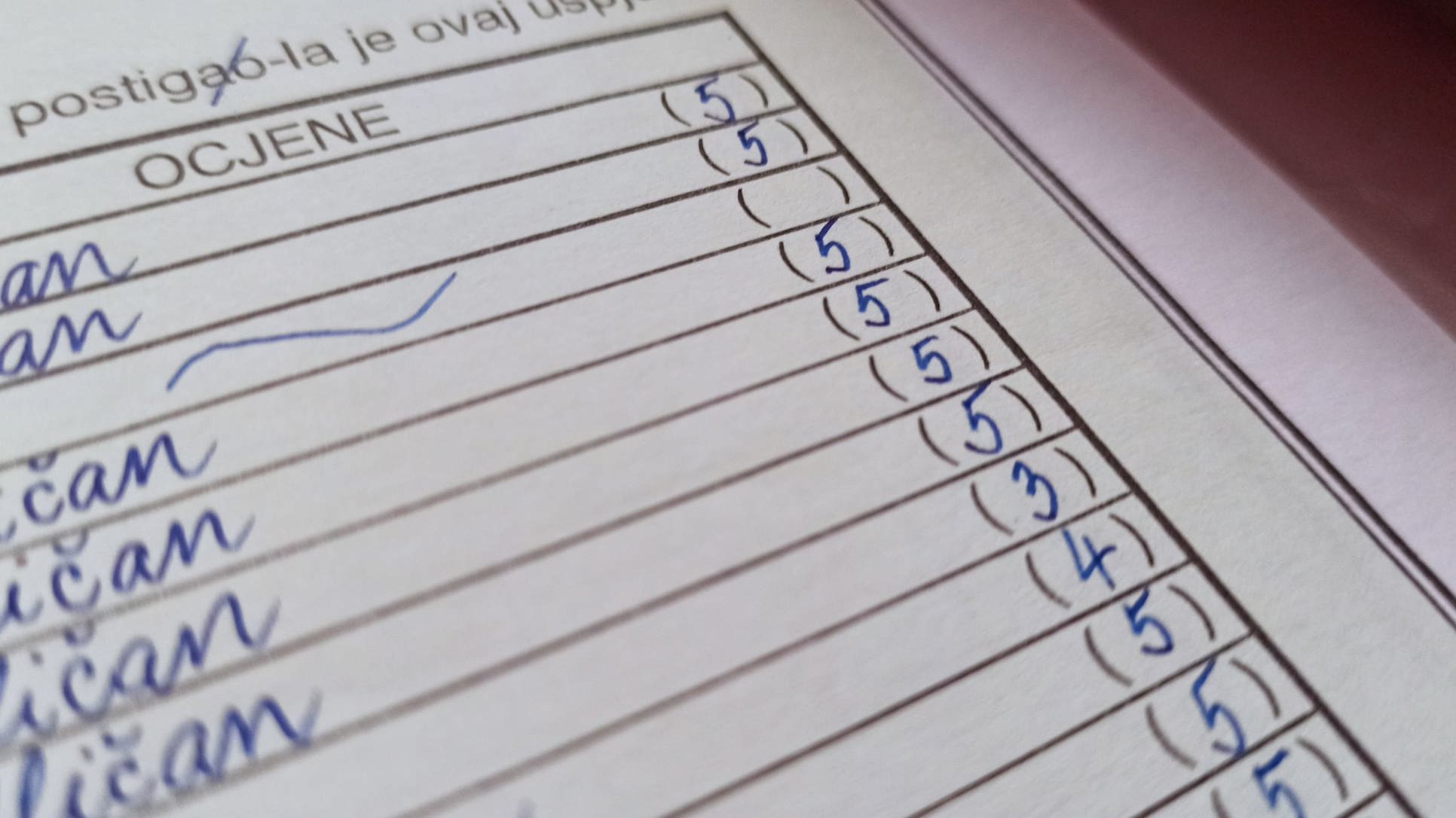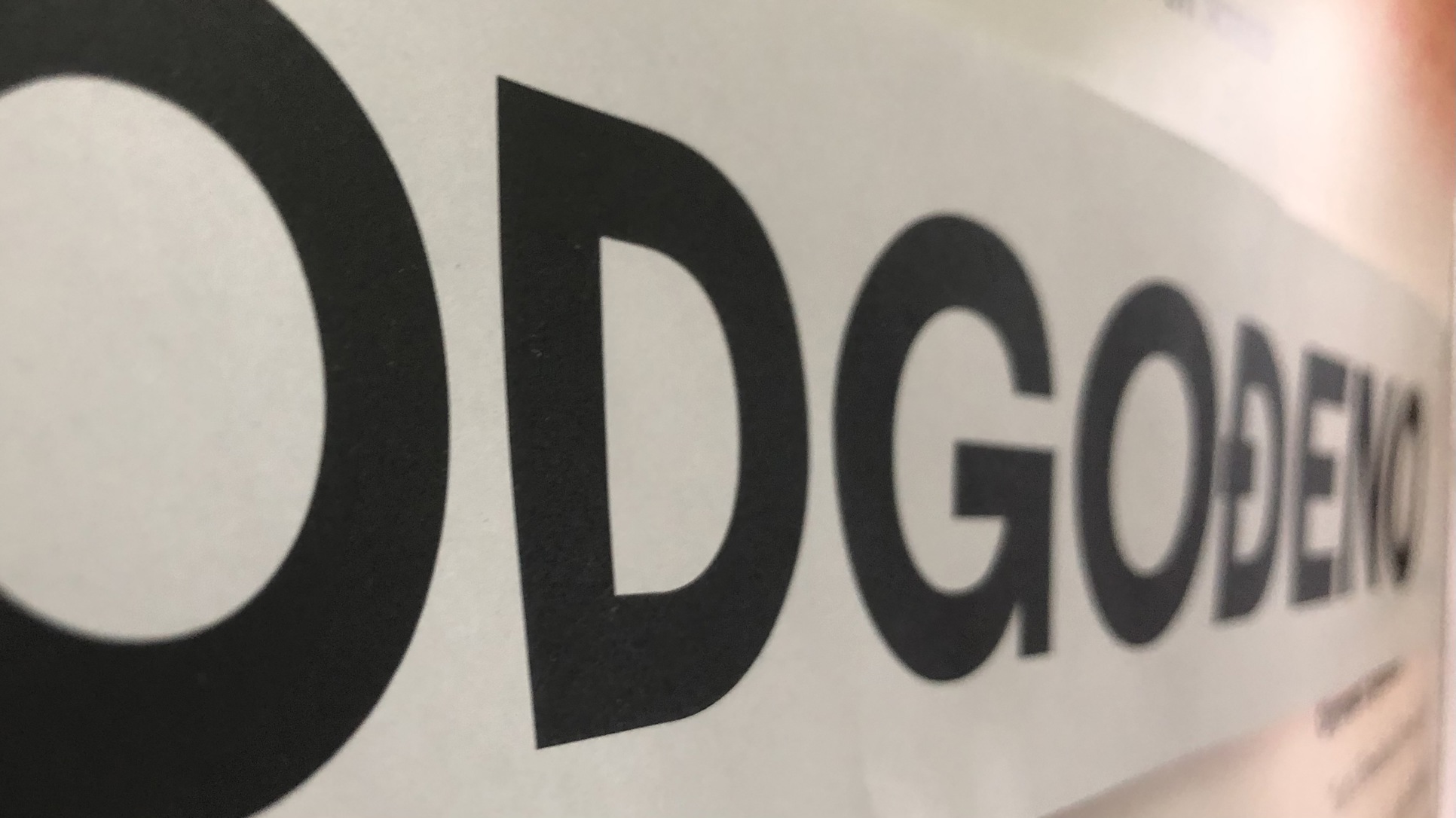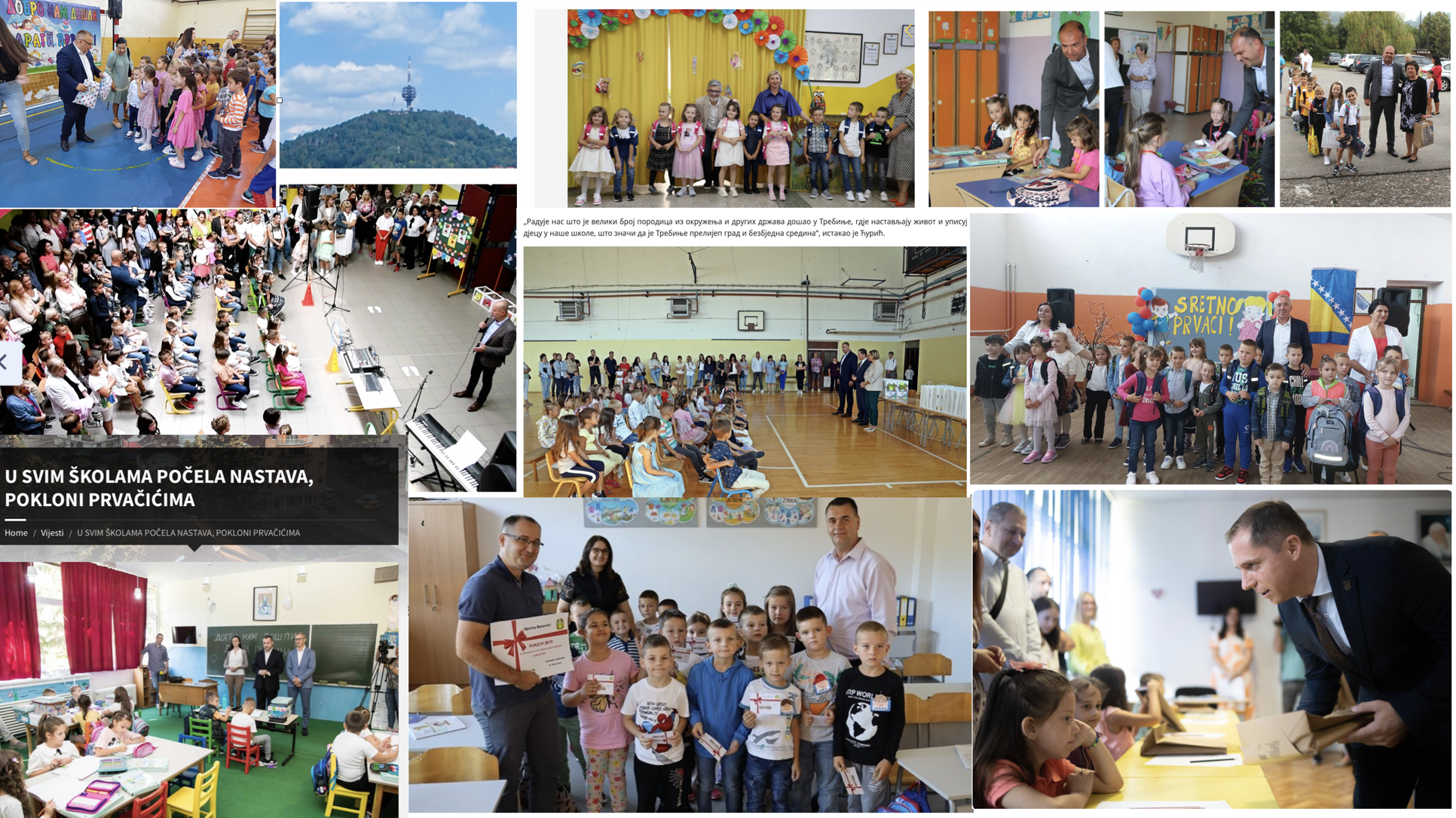Every year, at the end of the school session, we face the same issues of grading students. We struggle, and the scientific discipline that could make this job significantly easier — though no one really dedicates any effort to it — is called docimology! According to enciklopedija.hr, docimology is a pedagogical discipline that deals with the evaluation of educational achievements. “At the center of the interest of docimology is a measurement, the reliability of which is linked to a measurement instrument, known as a test, and the measurement itself (testing) is carried out with tests of educational achievements (knowledge tests). The results of the test are used by school administrations, teachers, parents, and examinees, as well as institutions that take care of education.”
Therefore, the task of school docimology is to offer the most appropriate, accurate, and valid ways of assessing and evaluating students' educational achievements in schools.
The teachers who currently work in schools, with apologies to the older generations of teachers, have probably never even heard of, let alone studied, this discipline. Schools are hiring pedagogical staff who gained their professor’s diplomas without having held a single class, not to mention having graded students. In knowledge assessment, we often encounter non-objective, personal judgments of professors themselves. The curriculum, for example, of the Faculty of Philosophy in Tuzla, for the German language department, as well as for all other departments, confirms that during the course of study, there are no subjects of internship and/or methodical practice.
The basics of pedagogy and didactics teach us that the teacher evaluates the student's knowledge, not ignorance or what the student doesn’t know. However most teachers do not know anything about the two key approaches in teaching and assessment, and it happens that students call teachers with high criteria strict and those with low criteria lenient.
Two important approaches are:
1. Research aimed at studying factors that have a negative impact on school knowledge assessment. These factors create the assumption that the grades given to the student in the traditional way — by examination — are insufficiently objective and insufficiently reliable.
2. Study and search for practices that offer solutions that could eliminate the influence of undesirable factors in well-defined test conditions. Knowledge could then be assessed against constant, equal, and objective standards.
The basics of pedagogy and didactics teach us that the teacher evaluates the student's knowledge, not ignorance.
When we check students' knowledge through a verbal examination, we must always keep in mind factors that can reduce a student's ability to give an appropriate answer. This, first of all, refers to the student's verbal abilities, and observation skills... When the student gives vague, incomplete, and unclear answers, the teacher must first try to understand what was said and any judgment about the accuracy of the answer directly depends on this. At the same time, it should always be kept in mind that students' verbal abilities create the possibility for a better grade. A resourceful student during the examination may notice that their teacher, unintentionally, via gestures, tone of voice, look, etc., approves or disapproves of what is being said and can correct and improve the answer. However, some students are unable to give a quality answer due to excitement or nervousness.
Apart from these factors, there are a number of others that depend on the teacher. Teachers are measuring instruments and should use their tools optimally, not change them from case to case, which unfortunately happens often. In addition, we still meet teachers whose standards are such that only they know the subject perfectly, and students can only get lower grades. It often happens that the teacher is guided by an assumption about the students’ abilities. It’s not uncommon to look at grades from other subjects and compare them.
When a teacher intends to evaluate a student’s knowledge only with an average grade, ignoring the weight of the material, he is making a mistake because the average grade or arithmetic mean is only one of the elements when concluding the mark.
The impossibility of correcting grades is also a major obstacle to objective and realistic grading.
In addition, the teacher may have a number of subjective challenges that may affect the evaluation — among other things, he may know the student personally, as a result of which he loses objectivity; suffer (non-objective) pressure from parents to increase grades and the average final grade, or from school management to increase average grades and school success...
Now, given that there is both absolute and relative success, there must also be absolute and relative evaluation.
The absolute grade reflects knowledge based on the criteria, regardless of the students’ abilities, while the relative grade is given based on a student’s individual abilities. The relative rating should motivate those who work below their capabilities to work. A negative evaluation must not be a punitive measure because it discourages, rather than motivates, work. Every grade at the beginning of schooling should have a stimulating character and point the student to greater activity. In this way, he develops the positive side of his personality and avoids a feeling of inferiority.
“The numerical grade that is used to evaluate the knowledge of students in our schools ranges from one (1) to five (5).
A grade of insufficient (1) will be given to a student who has not mastered the basic material of the course. First of all, it is non-participation in the work, which results in ignorance of the facts, and then reproduction of the wrong material or non-participation in the work during the lesson.
The grade sufficient (2) will be given to the student who shows the lowest level of satisfactory knowledge, and who presents without order, with the help of the teacher.
Independence in knowledge and work, good knowledge of the subject's teaching material, and regular performance of all obligations are graded as good (3). It means that the student knows how to apply their knowledge not only when completing tasks, but also in practical life — that they have a sense in terms of practical execution, that they independently find adequate expressions, that definitions are precise and logically formulated, and that exposition has a logical flow.
A grade of very good (4) will be given to a student whose explanations are clear and comprehensible to all students, and the teacher will help only in an exceptional moment.
The grade excellent (5) indicates complete knowledge, systematic work, and diligence throughout the year. Such a student has developed work habits and work culture. In order for the student to receive even the lowest positive grade, knowledge of the entire subject is required.” (Source: Šimleša, P., Pedagogija. Zagreb: Pedagoško-književni zbor, p. 271; Grgin, T. (1986). Školska dokimologija. Jastrebarsko: Naklada Slap)
It often happens to us that students finish school with excellent grades, except for one ‘very good‘ in a certain subject. In such cases, all docimological methods fall into the water and the student remains bitter because the certificate is used for admission to high school or college — with the worry that just one small percentage can be decisive for admission. It’s actually the task of teachers to evaluate, value, and even reward, because sometimes in real life two and two are not four.









